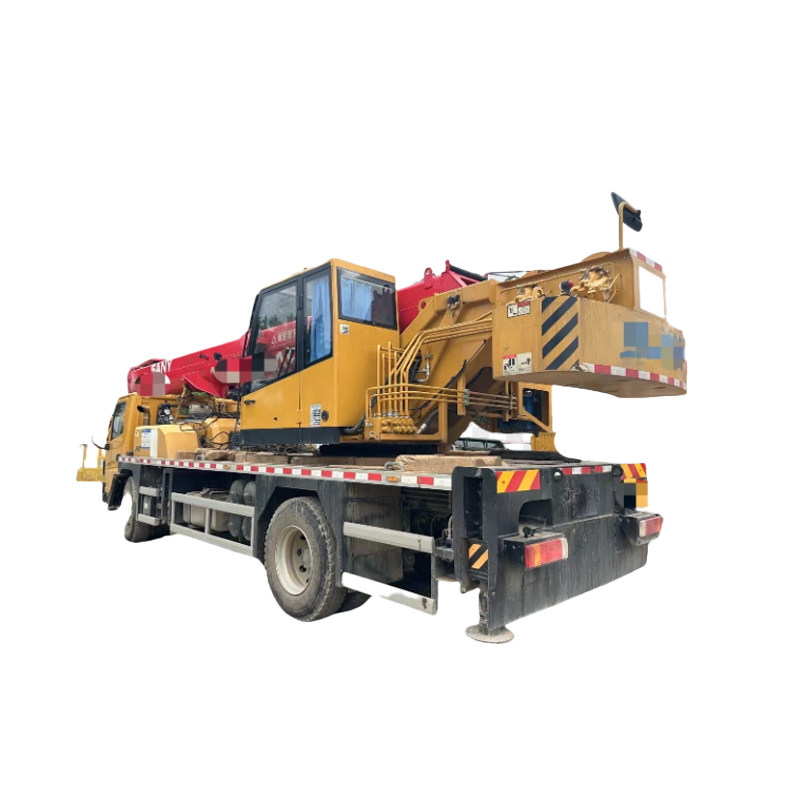Discover everything you need to know about electric trucks, from their benefits and drawbacks to the latest models and future trends. This comprehensive guide covers key aspects like performance, charging infrastructure, environmental impact, and cost considerations, helping you make informed decisions about this exciting segment of the automotive industry.
Electric trucks are heavy-duty vehicles powered by electricity instead of traditional internal combustion engines (ICEs). They utilize batteries to store energy, which is then used to power electric motors, providing torque and speed for transportation. This technology is rapidly evolving, offering increasingly powerful and efficient options for various applications.
The advantages of switching to electric trucks are numerous:
Electric trucks significantly reduce greenhouse gas emissions compared to diesel trucks, contributing to a cleaner environment. This is a key factor driving their adoption, especially in urban areas and regions with stricter emission regulations.
While the initial purchase price might be higher, electric trucks often boast lower operating costs. Electricity is typically cheaper than diesel fuel, and the reduced need for maintenance (fewer moving parts) contributes to long-term savings. Reduced maintenance can also lead to increased uptime.
Electric motors offer instant torque, resulting in superior acceleration and hauling capabilities. This can translate to increased productivity and efficiency, particularly in stop-and-go traffic or demanding applications.
Despite the numerous benefits, several challenges remain:
The range of many electric trucks is still lower than their diesel counterparts, and the availability of high-power charging stations is limited, especially outside major urban areas. This is a significant hurdle for long-haul trucking.
The upfront cost of an electric truck is generally higher than a comparable diesel truck. However, government incentives and subsidies are often available to offset this difference.
The lifespan of electric truck batteries is a key concern. While battery technology is constantly improving, battery replacement can be expensive.
The market for electric trucks is rapidly expanding with various models available for different needs. Some notable examples include (but are not limited to):
It's essential to research specific models to determine their suitability for your requirements. Consider factors like payload capacity, range, charging time, and features.
The future of electric trucks looks bright. Ongoing technological advancements, improvements in battery technology, and expansion of charging infrastructure are paving the way for wider adoption. Expect to see even more innovative models and solutions emerging in the coming years.
Selecting the right electric truck involves careful consideration of several factors, including your specific needs, budget, and operational requirements. Factors to consider include:
Thorough research is crucial before making a purchase decision. Consider consulting with industry experts or visiting dealerships to explore your options.
For more information on electric trucks and related products, visit Suizhou Haicang Automobile sales Co., LTD.
| Model | Range (miles) | Payload Capacity (lbs) |
|---|---|---|
| Tesla Semi (estimated) | 500+ | 80,000+ |
| Rivian R1T | 314 | 11,000 |
| Ford F-150 Lightning | 230-320 | 2,000 |
Note: Specifications may vary depending on the model and configuration. Please refer to the manufacturer's website for the most up-to-date information.












